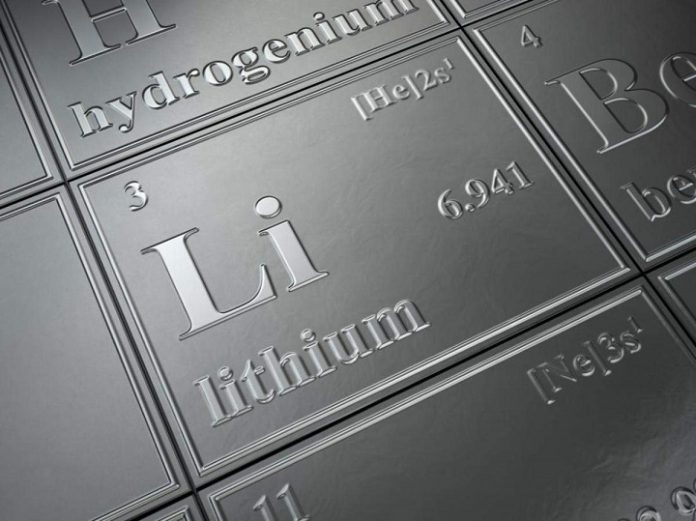India’s discovery of local lithium deposits has stirred considerable interest this year. For its lithium battery needs, India was relying on imports from China, Hong Kong, and Vietnam over the years.
Last year, India’s state-owned Khanij Bidesh India Limited entered into an agreement with an Argentine company to jointly prospect lithium reserves in the South American country.
Further, Australia, the world’s largest producer of lithium and in possession of the world’s second-largest minable lithium reserves, is looking at expanding its trade-in lithium resources with India.
But with the global demand for lithium rising year after year – thanks largely to its role in the increasingly valued lithium-ion battery – the need for India to dig its own earth to find lithium deposits is assuming greater importance.
Because of lithium’s thermonuclear application, the government has always been invested in unearthing lithium deposits. Atomic Minerals Directorate for Exploration and Research (AMD), under the Department of Atomic Energy, has been the agency driving this work. But exploration efforts have intensified of late in the light of lithium’s rising demand.
Within this context came the exciting revelation by the government recently that lithium deposits worth 1,600 tonnes were found to be present in Mandya district, Karnataka.
AMD, though, was quick to clarify that this number was only a preliminary estimate and that not much could be read into its possible economic benefit at this point.
“Further, unless a proper technology/method is available to profitably extract lithium from its ore, the real benefit of exploration may not be there,” said a Department of Atomic Energy release.
But with all the activity around lithium gaining steam, India is already on course to set up its first-ever lithium refinery.
In May last year, power trading company Manikaran Power Limited had announced the launch of a feasibility study, with the help of Australia’s Neometals Limited, to look into setting up a lithium hydroxide refinery in India. Under consideration was a plant with a nameplate capacity of 20,000 tonnes per annum, lithium carbonate equivalent.
In the announcement, Manikaran Power’s director, Jasmeet Singh Kalsi, had said that the proposed lithium refinery would help develop domestic manufacturing capabilities for lithium-ion batteries and, in turn, strengthen India’s push for electric-vehicle manufacturing.
India will benefit greatly by providing a local response to this increasing demand globally.

